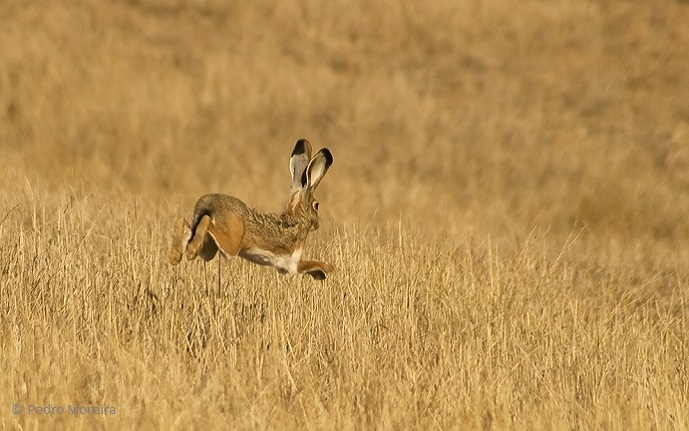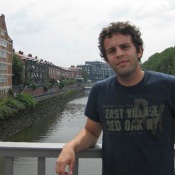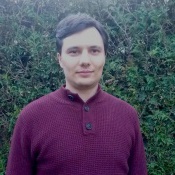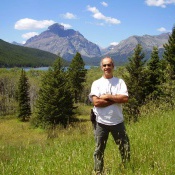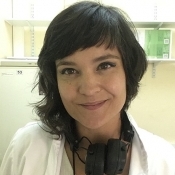HybridChange – The potential of hybridization to promote rapid adaptation during climate change
Climate changes have important impacts on biodiversity, forcing species to change their ranges, adapt to the new conditions, or face extinction. Such changes occurred recurrently along geological timescales, due to natural cyclic climatic oscillations, but occur now at a fast pace due to anthropogenic activities. How climate change affects biodiversity is generally addressed at a macroscale, through inventories of species, but genetic diversity, including at the intraspecific scale, is what ultimately determines the evolutionary potential of natural populations to respond to environmental change. Adaptation driven by de novo mutations is a slow process, and rapid adaptation is thus likely to often rely on existing standing genetic variation, including the abundant variation that can be acquired by hybridization with closely related species (introgression). It is now well documented that introgression is ubiquitous in nature, recurrently affecting species, and that, provided ecological opportunity, it is a mean for rapid adaptation. Given the fast pace of anthropogenic change, it is fundamental to understand how hybridization during range shifts leading to range replacements between closely related species, a widespread phenomenon across taxa, can provide opportunities for adaptation. Our ability to predict the consequences of ongoing hybridization can be improved by comparing with the results of past hybridization events.
Modern DNA sequencing technologies, coupled with cutting-edge statistical methods and simulations, allow to systematically scan genomes in populations to detect introgression and infer if it is favoured by natural selection. Such inferences need to distinguish between factors that affect genetic diversity genome-wide (such as population structure, history and demography), from those that affect it locally and are controlled by selection, while taking into account confounding factors, such as mutation and recombination rate variation in interaction with negative selection.
We will evaluate and quantify the impact of introgression driven by natural selection in the genomes of hybridizing species during climate changes. We will address this question studying geographical and temporal replicates of the hybridization process using hares (Lepus spp.) as established models, where hybridization during species range replacements has been demonstrated by our team. We will study systems at different stages of the range replacement process, namely i) extant populations that have been involved in post-glacial species replacements with hybridization, and ii) extant and historical populations where the invasion/retraction dynamics is ongoing, driven by anthropogenic changes.
Understanding how biodiversity can cope with rapid environmental changes is a major modern challenge. The project will improve our understanding of how genetic diversity can evolve independently of the partitioning into species, and how introgression contributes to adaptation during climate change.
Team
Principal Investigator
Researchers
Technical Staff
Other members
Jaakko Pohjoismäki (University of Eastern Finland, Finland), Klaus Hackländer (University of Natural Resources and Life Sciences, Vienna, Austria), Pierre Boursot (Université Montpellier, CNRS, IRD, Montpellier, France).
Jaakko Pohjoismäki (University of Eastern Finland, Finland), Klaus Hackländer (University of Natural Resources and Life Sciences, Vienna, Austria), Pierre Boursot (Université Montpellier, CNRS, IRD, Montpellier, France).
State
Ongoing
Proponent Institution
Associação BIOPOLIS
Funded by
Fundação para a Ciência e a Tecnologia (FCT)
Dates
2021 (Duration: 3 years)
Participant Institutions
Associação BIOPOLIS
Reference
PTDC/BIA-EVL/1307/2020
